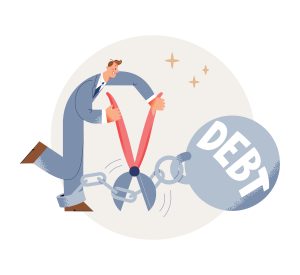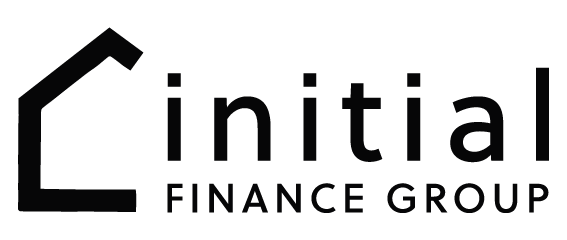Juggling multiple debts often leads to financial strain and pressure that can significantly impact one’s overall well-being. This is where debt consolidation emerges as a beacon of hope.
Debt consolidation is a financial strategy that involves merging multiple debts into a single, more manageable payment rather than keeping track of various loans or credit card bills. This approach streamlines payments and offers potential savings and relief from the stress of handling numerous financial obligations.
Throughout this article, we’ll delve into the intricacies of debt consolidation. We’ll offer insights into various strategies and methods that can help streamline your financial commitments.
What is Debt Consolidation?
Debt consolidation is a financial strategy that can be done through various methods, each with its unique perks and considerations:
Balance Transfer. This method involves moving high-interest credit card balances onto a new card with a lower or 0% introductory interest rate. This enables you to pay off the debt without accruing additional interest, making it easier to manage. By avoiding or minimizing interest during the introductory period, you can focus on paying down the principal balance faster.
Debt Consolidation Loans. This loan typically carries a fixed interest rate and a structured repayment plan, simplifying your monthly payments. Consider origination fees, prepayment penalties, and the loan term. Longer terms might mean lower monthly payments but higher overall interest costs.
Home Equity Loans or Lines of Credit. This often offers lower interest rates, but it’s crucial to be cautious since your home serves as collateral. In some cases, the interest paid on home equity loans or lines of credit may be tax-deductible. Similar to a mortgage, there might be closing costs associated with these types of loans.
Consolidating debt is like hitting the financial reset button. To do so, first get a clear view of your financial situation. List down all your debts, their interest rates, and monthly payments to help you understand the scope of your debt.
Don’t rush into the first debt consolidation option that comes your way. Compare interest rates, fees, and repayment terms. Make sure you’re getting a deal that will help you save money and pay off your debt faster.
Steps to Implement Debt Consolidation
Apply for the Chosen Debt Consolidation Option
Once you’ve decided on the best method for your situation, it’s time to apply.
Whether it’s applying for a loan or a balance transfer, ensure you fill out the applications accurately and truthfully. Be prepared to provide necessary documentation and information such as income statements, identification, and account information.
Consider seeking pre-approval to understand your eligibility before officially applying. Ensure you understand the terms and conditions before signing any agreements.
Create a Realistic Repayment Plan
Draft a budget that includes your monthly payments, expenses, and savings goals. Stick to this plan diligently to ensure a debt-free future. You may automate your payments to avoid missing due dates an allocate any extra funds or windfalls toward paying off the consolidated debt faster.
Missing payments or deviating from your repayment plan could harm your credit score. Overcommitting to repayments might strain your finances, so ensure your budget is realistic.
Seek Professional Guidance When Needed
Navigating the financial waters may feel overwhelming and you’re unsure of the best route forward. Seeking professional advice is a wise move. Financial advisors or credit counselors can provide tailored guidance suited to your situation. They can offer valuable insights, help you create a solid financial plan, and provide ongoing support to ensure your success.

Embarking on the road to financial freedom through debt consolidation is a commendable start! Yet, when aiming for lasting success, adopting a long-term strategy is a must.
Begin by embracing a transformative mindset shift. View this process not solely as debt management but as a lifelong commitment to smart financial choices. Despite the allure, resist the impulse to accrue more debt. Acknowledge and celebrate every achievement, while concurrently fortifying an emergency fund for unexpected hurdles.
Here’s to your exciting journey towards sustained financial independence!
FAQs
Is consolidating debt a good idea?
Absolutely! Debt consolidation can be a game-changer for those struggling to manage multiple debts. By streamlining payments into one, you gain better control over your finances, potentially lower interest rates, and a clearer path toward debt freedom.
Does debt consolidation affect your credit score?
Initially, it might cause a slight dip due to the new credit inquiry or account opening. However, in the long run, timely payments on the consolidated loan can positively impact your credit score. [1]
Can you get a loan to consolidate debt?
Yes, you can secure a loan specifically for debt consolidation. These loans aim to cover your existing debts, making it simpler to manage and potentially reducing overall interest payments.
Can you consolidate debt into a first-time mortgage?
Consolidating debt into a first-time mortgage is possible. Some borrowers choose to roll their high-interest debts into their mortgage, combining everything into a single payment. However, this approach requires careful consideration and professional advice as it extends the repayment term and increases the total interest paid.

